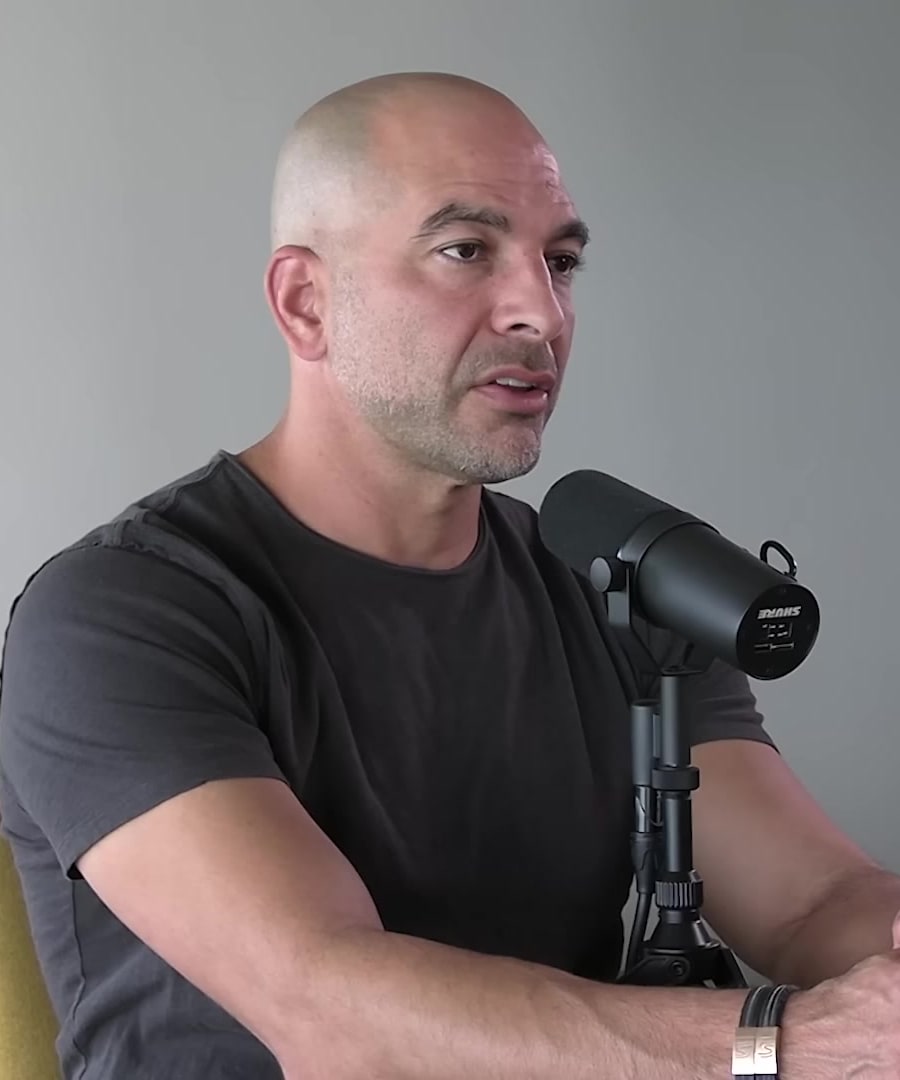peptides
Sources:
Peptides are complex and diverse compounds that consist of chains of amino acids, ranging in length from a couple to several hundred. They can be classified into different categories based on their functions and mechanisms of action. In the context of growth hormones, there are peptides such as the GHRPs (growth hormone-releasing peptides) that include ghrelin agonists and GHRH-like peptides, which can influence growth hormone release. The effects of peptides are sometimes unpredictable, and their safety and efficacy can vary significantly from one individual to another 1.
Some peptides have been granted FDA approval for specific clinical uses. For instance, Tessa Moralin is approved for lipodystrophy, and peptides like BPC-157 are being used to treat injuries and stimulate the release of growth hormone. Other peptides, such as Melanotan, have FDA-approved uses for hypoactive sexual disorder in women, lipodystrophy, and certain genetic conditions that affect skin pigmentation 2.
Peptides should be prescribed by healthcare providers, and their effects can be potent and long-lasting, potentially altering gene expression and hormone pathways 3. Because some peptides can have significant side effects, such as altering blood glucose levels or triggering anxiety, it is important to consider the balance of risks and benefits and to consult with medical professionals before using them 4.
It is also worth mentioning that peptides have been used in various fields, including the movie industry and sports, for body composition changes, rapid recovery, and performance enhancement 5. Nevertheless, due to the potential for misuse and the presence of contaminants in some peptide products, it is crucial to be cautious and well-informed when considering the use of these compounds 6.
RELATED QUESTIONSTell me more about functional roles of peptides.
It appears that there is no specific discussion about the broad functional roles of peptides in the available data. Peptides, in general, serve many roles in biological processes, such as acting as hormones, neurotransmitters, antimicrobial agents, and playing critical parts in immune responses, growth, and development.
If you are interested in a particular area of peptide function or would like to know more about specific peptides discussed in the Huberman Lab podcasts, please provide more details, and I'll do my best to locate that information within the data.
RELATED QUESTIONSProvide recent research findings on peptide functions.
Sources:
The Huberman Lab has discussed various functional roles of peptides in a number of episodes:
-
GLP-1 and Appetite Regulation: delved into the role of glucagon-like peptide 1 (GLP-1), a hormone produced by neurons in the gut and brain. GLP-1 inhibits feeding and reduces appetite. Certain foods, such as high fiber complex grains, nuts, avocados, and eggs, can stimulate GLP-1, and a drug called semaglutide functions as a GLP-1 agonist, aiding in the treatment of type II diabetes and obesity. Yerba mate tea is also mentioned as a beverage that can stimulate GLP-1 release 1.
-
Peptides in Hormone Optimization: Peptides are increasingly prominent for their various health applications. and Kyle Gillett explored how peptides like tesamorelin can stimulate the release of growth hormone, and BPC 157, a synthetic form of peptides naturally found in gastric juices, is used for injury treatment. They emphasized the heterogeneous nature of peptides, meaning they can range from being very dangerous to very safe, and the importance of proper prescribing and FDA approval 2.
-
Peptides and Tissue Rehabilitation: In another conversation, and discussed peptides in the context of tissue rehabilitation, stem cells, and platelet-rich plasma (PRP). Though the landscape is as described as "wild west" due to the lack of robust clinical data, peptides like BPC 157 are of interest due to anecdotal reports of injured tissue healing. PRP is now widely used in various medical treatments, even though the science behind its effectiveness is not yet fully understood 3.
-
Vasopressin and Social Behavior: Dr. presented research on the peptide hormone vasopressin. She discovered that injecting vasopressin directly into the brains of prairie voles could instantly transform males from being relatively negligent fathers into attentive ones, thereby emphasizing the influence of peptides on complex behavior and neuroplasticity 4.
Please note that while these findings provide insights into the diverse functions of peptides, you should always seek information from updated scientific research, professional healthcare providers, or the latest episodes of the for more recent developments or for more specific advice.
RELATED QUESTIONS-
Find more episodes discussing peptide functions.
It seems there are no additional episodes found specifically discussing peptide functions beyond those already cited. However, to get more information on peptides and their various roles in health and disease, I recommend listening to the previously mentioned episodes or checking out the latest content as they might cover new findings or go deeper into related discussions.
RELATED QUESTIONSRequest the most recent papers on peptide functions.
I do not have access to academic databases or the capability to provide the most recent papers outside of the . To explore the most recent academic papers on peptide functions, you may want to access scientific databases such as PubMed, Google Scholar, or utilize academic journal platforms. These resources regularly update with the latest research across various scientific fields, including biochemistry and molecular biology, where peptide research is prominently featured.
RELATED QUESTIONSSummarize Dr. Kyle Gillett: How to Optimize Your Hormones for Health & Vitality | Huberman Lab Podcast #67
I apologize, but it seems there is currently no information available in the dataset for . Therefore, I'm unable to provide a summary at this time. If you want detailed insights from that particular episode, you may consider listening to it directly on the Huberman Lab Podcast or visiting their official website and social media channels for more information.
RELATED QUESTIONSSummarize Dr. Peter Attia: Exercise, Nutrition, Hormones for Vitality & Longevity | Huberman Lab Podcast #85
Sources:
In , and discuss various aspects of wellbeing, particularly focusing on exercise, strength training, nutritional supplements, and medical interventions for longevity and vitality.
Exercise is emphasized as extremely beneficial, with just moderate levels of regular physical activity like brisk walking significantly reducing health risks. Engaging in more exercise can bring additional benefits, but the largest improvements in health outcomes are seen when individuals transition from a sedentary lifestyle to being moderately active. They explore the concept of a "marginal decade," which involves planning for older age to ensure the ability to partake in desired physical and social activities 1.
They also cover strength training, especially for older adults, as crucial for maintaining bone health and preventing fractures. The discussion includes an Australian study that showed significant improvements in bone health for older women who took up strength training late in life, highlighting the importance of incorporating such exercise regardless of when you start 2.
Peter Attia recommends patients rigorously scrutinize the supplements they take, using a structured approach to determine their actual need for each specific supplement. They touch on societal trends around supplementation for longevity, fertility, and aesthetic attributes, such as skin, hair, and nail health 3.
Finally, they discuss stem cell injections and their effectiveness for certain indications like hair loss and joint issues. Peter Attia shares his personal skepticism and stresses the importance of well-designed clinical trials to truly understand the efficacy of such treatments 4.
RELATED QUESTIONS
peptides
- RELATED QUESTIONS
Tell me more about functional roles of peptides.
- RELATED QUESTIONS
Provide recent research findings on peptide functions.
- RELATED QUESTIONS
Find more episodes discussing peptide functions.
- RELATED QUESTIONS
Request the most recent papers on peptide functions.
- RELATED QUESTIONS
Summarize Dr. Kyle Gillett: How to Optimize Your Hormones for Health & Vitality | Huberman Lab Podcast #67
- RELATED QUESTIONS
Summarize Dr. Peter Attia: Exercise, Nutrition, Hormones for Vitality & Longevity | Huberman Lab Podcast #85
- RELATED QUESTIONS












